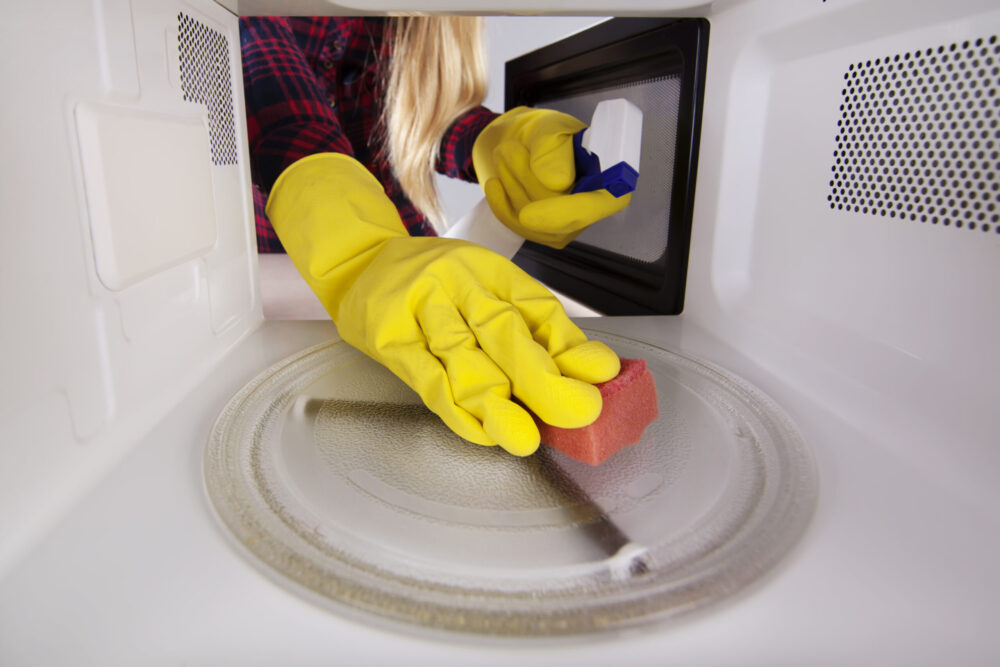Think about the microwave that sits in your office. Who cleans it? Also, think back to your last office birthday party. Who organized the party? Who brought a birthday card and cake? Were they women? Have you noticed that women end up doing those office housework tasks more often than do men? If so, you are not alone.
According to Grant and Sandberg writing in the New York Times back in 2015, women tend to perform more office housework behaviours such as these in the workplace than do men.
Further, as office housework requires the expenditure of time and energy, women are expected to experience more burnout than do men. However, while office housework is undoubtably necessary for office functioning (imagine what the microwave would look and smell like without it?), engaging in these behaviors may negatively impact the individual performing them.
Specifically, while performing office housework, people may miss opportunities to participate in activities that are more directly related to career success indicators such as job promotions. This can create an inadvertent pathway through which the careers of women may be adversely harmed by their greater engagement in housework compared to men.
However, while these claims were put forth, they had not been formally tested. Thus, our research team investigated the topic of office housework with empirical data. In our study, we first defined office housework as “menial administrative tasks that keep an office running.”
Then, we created specific items to measure office housework and collected data from over 1,000 full-time workers. Results revealed that women performed more office housework than did men, as previously speculated.
However, contrary to the popular press claim, results showed no significant relationship between office housework and burnout, and women did not necessarily experience more burnout by performing more office housework, providing no evidence that housework harmed individual health.
Yet, there were career outcome differences between women and men related to housework.
Despite the fact that women performed more office housework, men received better career outcomes such as more promotion from performing office housework than did women.
Such findings highlight the unequal expectations and performance regarding office housework and their different career consequences for men and women; more specifically, we posit that these findings emerged due to gender stereotypes related to who should perform housework with men receiving greater rewards because this behavior was viewed as going above and beyond their expected behaviors at work, whereas women were expected to do this and were simply seen as doing what they were supposed to.
In the article, we assert that supervisors need to be aware of this unequal work distribution of office housework between men and women and try to ensure that office tasks that can be considered as “housework” are evenly distributed across genders. For example, bringing in the office birthday cake could be rotated across all employees.
Moreover, organizations should seek to create and maintain a fair and equitable culture related to performing these non-productivity related behaviors that are necessary for organisational functioning.
In a culture of this kind, women and men should be equally rewarded for comparable behaviors. Furthermore, we recommend HR practitioners be cognizant of this potentially unequal career compensation between men and women and provide equal career compensation for equal performance of office housework regardless of the gender characteristics of employees.







